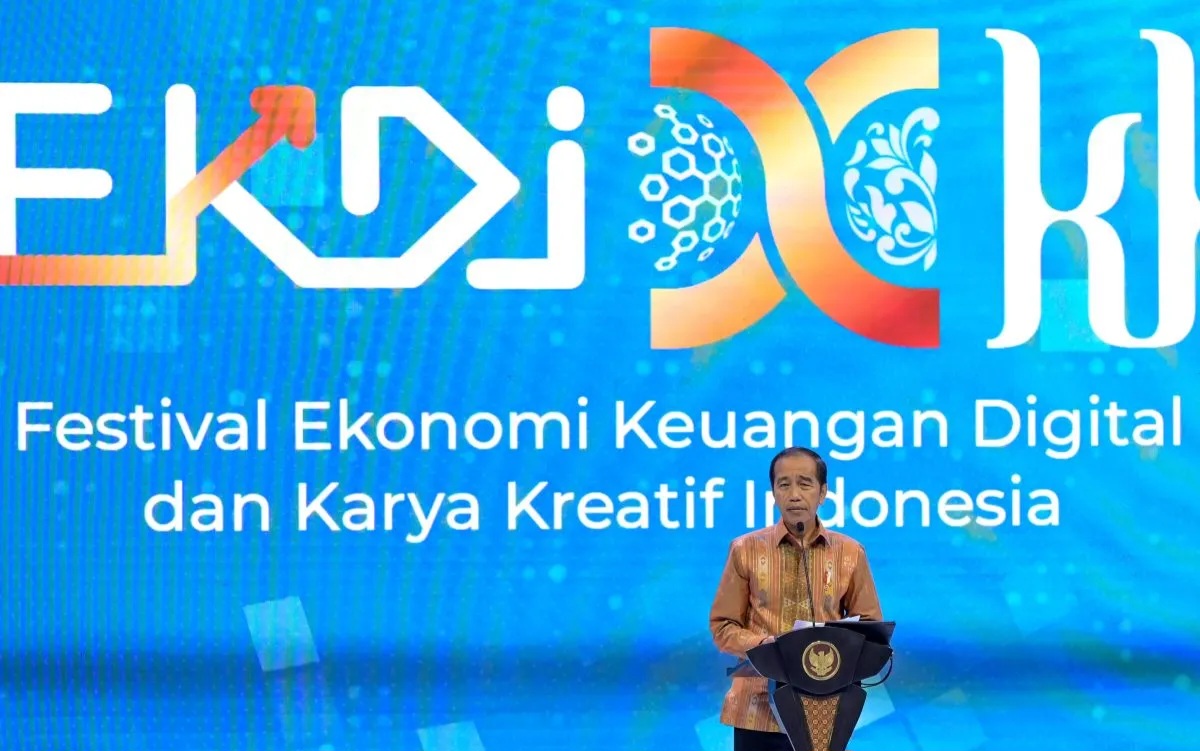Jakarta, August 13, 2024, The Europe Today: The Indonesian government continues to enhance its efforts to harness digitalization as a key driver of economic and financial growth. Recognizing the pivotal role of technology and innovation in accelerating inclusive and sustainable development, the government aims to improve the welfare of the community and the progress of the nation through strategic digital initiatives.
In line with these objectives, Bank Indonesia (BI) is spearheading the digital transformation of the payment system with the creation of the 2030 Indonesia Payment System Blueprint (BSPI). This new blueprint builds upon the foundation established by the 2019-2025 BSPI and sets the course for the next five years, from 2025 to 2030, to propel the national digital economy forward for future generations.
Over the past five years, the implementation of the 2025 BSPI has yielded significant progress through various initiatives. These include the National Open API Payment Standard (SNAP), Quick Response Code Indonesian Standard (QRIS), BI-FAST payment system, electrification efforts, and regulatory reforms. Notably, BI has extended its QRIS cooperation to eight countries—Malaysia, Thailand, Singapore, the Philippines, Japan, South Korea, the United Arab Emirates, and India—and plans to further expand this cooperation to other key trading partners.
QRIS, which standardizes payments through a QR code system, has been instrumental in making transactions easier, quicker, and more secure. The second quarter of 2024 saw robust performance in digital economic and financial transactions, supported by safe, smooth, and reliable payment systems. BI-Real Time Gross Settlement (RTGS) transactions increased by 13.42 percent year-over-year (yoy) to Rp42,008.08 trillion (approximately US$2.63 trillion). Retail transactions via BI-FAST grew by 67.79 percent (yoy) to 785.95 million transactions, while digital banking transactions rose by 34.49 percent (yoy) to 5,363 million transactions. QRIS transactions also saw remarkable growth, surging by 226.54 percent (yoy), with 50.50 million users and 32.71 million merchants.
Despite these positive outcomes, BI recognizes the need to address several challenges to fully realize the potential of increasing digital transactions. The 2030 BSPI outlines three key areas for priority action: the development of resilient and synergistic infrastructure, the consolidation of the industry to mitigate the risks associated with shadow banking, and a collaborative effort between BI and the industry to foster innovation and balanced consumer literacy and protection.
As Indonesia moves forward, the 2030 BSPI is set to play a crucial role in shaping resilient and future-proof payment systems, ensuring that digitalization continues to drive the country’s economic growth and global competitiveness.


